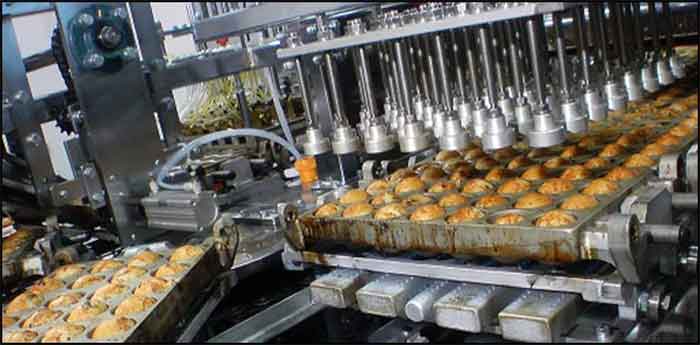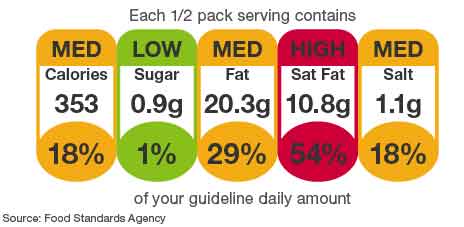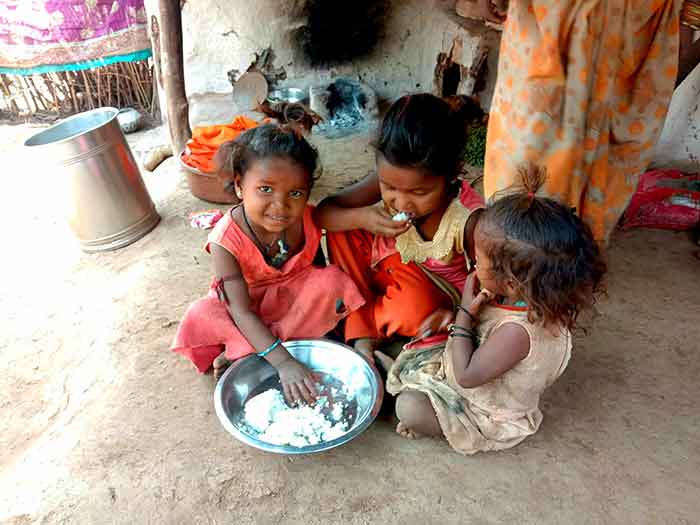
While agriculture has been much in discussion, the related work of food-processing has hardly received any attention, even though there is a huge scope for providing millions of rural jobs while at the same time also improving the nutrition situation very significantly by moving from present-day large scale big-business controlled food processing to food crop and other crop processing in small and cottage rural industries, much along the lines advocated by Mahatma Gandhi and some of his close colleagues.
At present while on the one hand a lot of unnecessary and possibly harmful additives are being used, wasteful practices are actually removing nutrients on a truly large-scale from the most staple foods. The technologies currently used for obtaining rice from paddy involve a lot of wastage of grain. What is more, the part of grain which is wasted is the one which is the most nutritious. According to an expert L. Ramchandran, who has made detailed estimates of the loss suffered in the process of refining cereals in his book, ‘Food Planning,’ “The quantitative loss in the case of cereals alone may amount to not less than eight million tons. The qualitative loss is even more staggering because the portions of the grain that are removed in refinement are many times richer in quality, proteins, fats, minerals such as iron and phosphorous, and vitamins such as thiamine, nicotinic acid, riboflavin, and, in some cases, also vitamin A, in the form of carotene, than the portions that are retained and consumed by us. These are precisely the nutrients in which the average Indian diet is woefully deficient.”
Another major source of loss of nutrients is the hydrogenation of oils. Hydrogenation changes most of the unsaturated fats into saturated fats. Saturated fats consumed in excess can be very harmful. Unsaturated fats, specially some of the poly unsaturated fats, are important in nutrition and play a protective role against the risk of cardiovascular disease and other ailments. In the words of Ramchandran, “in hydrogenation, what is good and necessary is changed into what is not necessary and may be harmful.”
There has been a big increase in recent years in the number and quantity of additives used by the food processing industry, including flavours, colours, emulsifiers, preservatives and an amazing range of other additives. The combinations of additives may react with each other and with foods to produce new chemical substances. A wide range of health hazards has been reported for several additives as well as their combinations.
At the same as this gigantic waste and worse is perpetuated and accentuated with the flooding of market with junk food, very talented and skilled traditional processors of food are languishing in neglect and face loss of livelihood. Hence there is a crying need for cottage and small scale food industries in villages ,led by women and their self-help groups and producer organizations and co-operatives which can take up the processing of cereals, millets, pulses, vegetable, fruits, milk and milk products, spices, honey etc. , providing millions of jobs, encouraging creativity and entrepreneurship, at the same providing very healthy, tasty, safe and nutritious food to consumers.
Bharat Dogra is a journalist and author. His latest books include Man Over Machine and Earth Without Borders.
SIGN UP FOR COUNTERCURRENTS DAILY NEWSLETTER












































